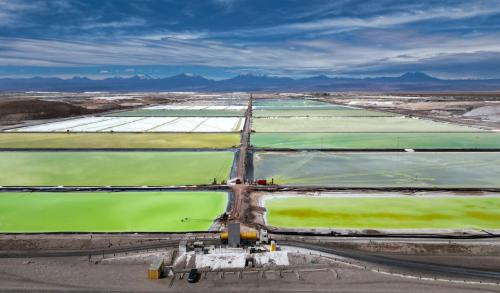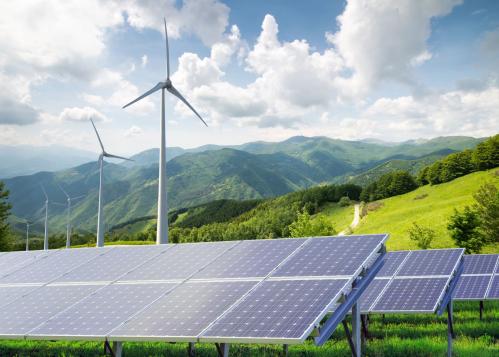Editor’s Note: In an interview with
The Times of India
, Charles Ebinger discusses energy costs in India, arguing that the country could enjoy an effective and sufficient energy supply if the government adopted a new approach.
THE TIMES OF INDIA: After so many years spent working in the sector, why does your book Energy and Security in South Asia describe a story of lost opportunities?
CHARLES EBINGER: India has tremendous power needs. To your north, you have Nepal that has staggeringly large amounts of hydropower. The 10 years that I represented the government of Nepal in negotiations with India for hydropower exchange, we made the case that dislocations might happen to people in Nepal in building a hydropower plant. These should be reflected in electricity tariffs—this, combined with benefits to India of electricity, flood control and irrigation would benefit both countries.
Yet, successive power ministers in India simply said “no”— not to negotiate but “no” to the idea, that it was a separate issue. So, you have Nepal with 83,000 MW of power—the whole country uses only about 600 MW—and probably only two-thirds of that developed. India could be buying 40-45,000 MW of power—and it’s not.
For years, Bangladesh has had all this gas but does not trade with India. For years, we’ve been talking about a gas pipeline from Iran that would cross Pakistan. Again, the opportunity is lost because of political and security considerations.
TIMES: But it’s not just local factors; don’t American concerns also influence projects like the Iran pipeline?
EBINGER: Yes, the U.S. is a big factor, it being opposed to anything with Iran, so also with Afghanistan through Turkmenistan. However, India is embarking on mega coal projects with natural liquefied gas coming in from other countries. Both Bhutan and India have benefited greatly from hydropower. Each time a new hydropower project is done with India, the GDP of Bhutan doubles! It’s incredible why it works with Bhutan and not with Nepal.
TIMES: Geopolitics aside, how important is the issue of energy pricing within India?
EBINGER: We need to address energy pricing reforms. The idea that people can’t afford to pay for energy is a myth. If they can get power during planting and harvesting seasons, they will find a way to pay. It is the politically powerful rich landlords and industrialists who don’t pay.
You need to look seriously at energy conservation and energy efficiency. It’s not about using less energy for development but to rein in wastage that can help save up to 20 percent energy available currently. Put money in existing transmission grids rather than rushing to build new ones. Go after power theft. Streamline ordinary billings and collections. Before you start building an expensive nuclear plant, go for the low-hanging fruit.
TIMES: You’ve mentioned bureaucracy being a major cause for energy mismanagement in the region—why do you say this?
EBINGER: If one energy source is important, a bureaucracy is created to deal with it. Then another energy source comes along, and yet another bureaucracy is created. There is a need to have a centralised ministry to deal with all energy. In India, different ministries don’t use the same set of energy data. Planning commissions start with different assumptions as to the installed capacity.



Commentary
The Idea that People Can’t Afford to Pay for Energy Is a Myth
October 4, 2011